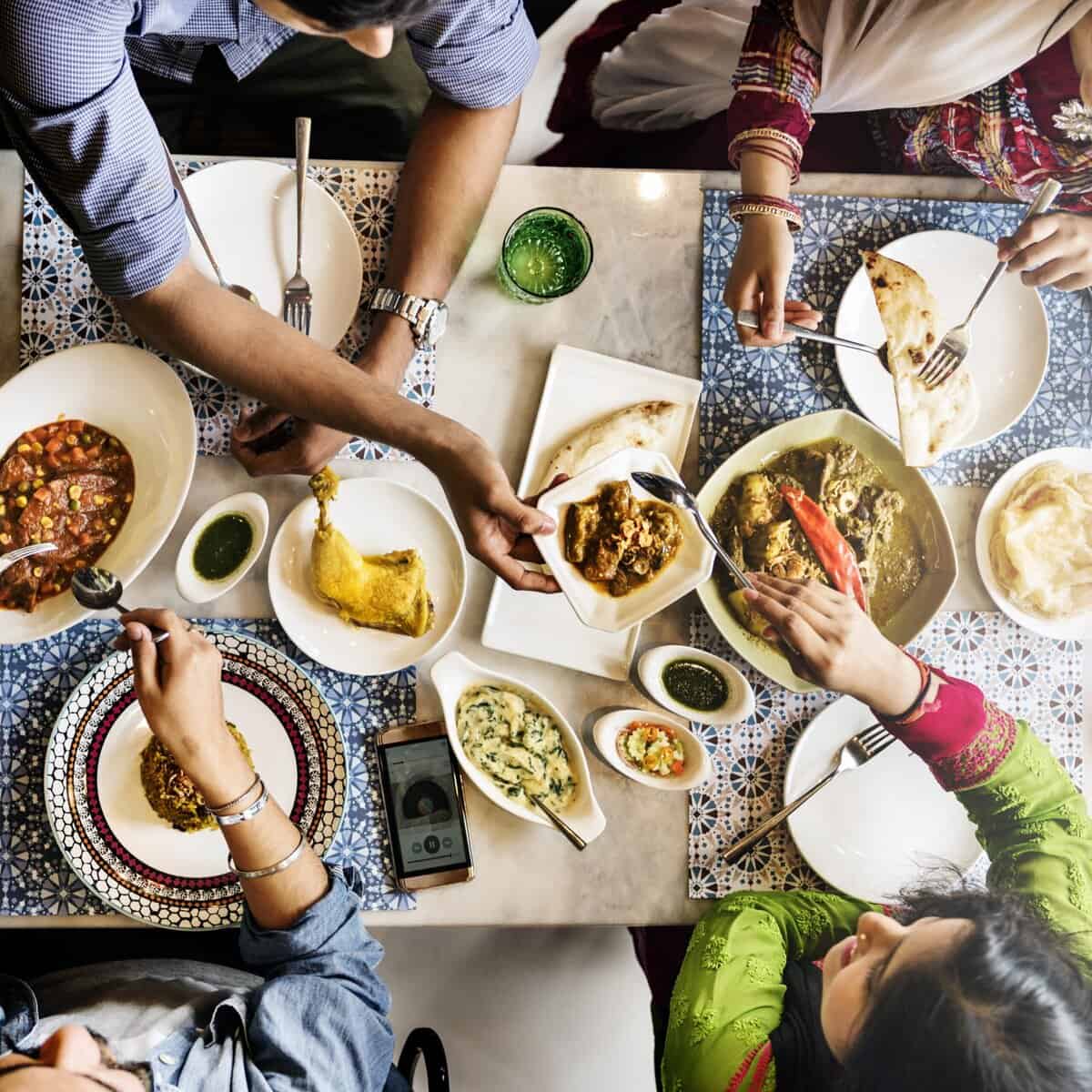
Hyderabad: Everything taste better when it is eaten together. It’s not just food but laughter, love and togetherness that are served at the dining table. That’s not all. Life’s most important moments and conversations happen here.
But not anymore. Our dinner table is no longer the heart of our home.
As kitchens grow quieter and takeaways grow louder, families risk losing something more than recipes — they risk losing relationships.
Who would have thought that a silent kitchen could alter the course of a nation? It happened in America — and the same danger now looms over India. When kitchens fall silent, families begin to drift apart. What starts as convenience can end as cultural erosion.
Time was when the dining table used to be the heart of the home — a place where appetites were satisfied, bonds were renewed, and life’s little dramas were played out between bites. But of late the clatter of plates has been replaced by the ping of delivery apps.
The story of America’s silent kitchens is not just about changing diets — it’s about a cultural drift. As the stove went cold, so did the sense of togetherness that once defined the American family. Dinner tables turned into desks, conversations shrank into text messages, and families began living parallel lives under the same roof.
India now stands at a similar crossroads. The story of America’s silent kitchens holds a mirror for India, where convenience is slowly replacing connection. The aroma of freshly cooked food that once wafted from every home is being replaced by the sterile smell of plastic containers. At least so in cities and urban areas. The kitchen — once the warm, bustling center of Indian life — is turning quiet. And with every skipped meal together, we edge closer to the same fate: a society where convenience replaces connection, and where families, though well-fed, grow emotionally hungry.
But post-pandemic, it said, there is a shift back towards cooking at home in America, mostly driven by economic pressures and health consciousness. And unless we learn from that story, India could be next. For when the kitchen falls silent, the family begins to drift — and when families drift, nations begin to weaken.
Lately, social media has been abuzz with discussions on how American society has grown increasingly fragmented — and many trace it back to the quieting of its kitchens. Posts are flooded with statistics: in 1971, about 71% of American households were what demographers termed “traditional families” — parents and children living together under one roof. Today, that number has plunged to roughly 20%. The rest of the picture is sobering — elderly people in care homes, young adults living alone, and a sharp rise in divorce and depression.
The figures tell a grim story. Nearly half of all first marriages in the U.S. now end in divorce, and the odds worsen with each remarriage. Shared meals, once the heart of family life, have turned into solitary moments before televisions or phone screens. The dining table — once a place of conversation and connection — has fallen silent.
Experts had warned long ago: “Hand over your kitchen to corporations and your family care to the state, and you’ll end up losing both.” But few listened. By the time the message hit home, the harm was already done.
The health fallout mirrors this social decline. As kitchens fell quiet and home cooking faded, fast food became the default. The result: soaring rates of obesity, diabetes, and heart disease. The food industry thrived, the healthcare sector expanded — but the family, the very foundation of society, began to crumble.
India’s alarming parallels
India is now at a similar crossroads. Urban families are increasingly reliant on restaurant food and app-based deliveries. Swiggy and Zomato have replaced the friendly smell of home-cooked meals. As work hours stretch and lifestyles quicken, the kitchen — once the sacred heart of Indian homes — is falling silent.
The consequences are already visible: children growing distant from elders, families eating separately, and rising rates of stress and lifestyle diseases. The social glue that once held generations together is thinning.
Luckily in many Indian families, mostly the lower and middle class, home cooking still remains a central part of life. Home cooked food is deeply ingrained in our culture, though busy urban dwellers tend to eat out. It is still common for families in the cities to eat one home cooked meal a day together. However, changing lifestyles and busy schedules threaten to undo that.
But one thing has to be acknowledged. Our dining tables and dastarkhwans no more echo with the wisdom of grandmothers, the tenderness of mothers, and the chatter of children. Not long ago our kitchens were places where values were simmered along with dal, and family ties were kneaded with dough. If we let this space die, we risk losing more than recipes — we risk losing relationships. Countries that preserved their food traditions continue to enjoy healthier, stronger communities.
All is not lost yet. India still has the chance to pause and turn back. Light the stove once more. Prepare a meal — even a simple one. Gather everyone around the table. Talk, laugh, and share. In these small, everyday acts lies the secret to keeping our homes warm and our hearts bound together.
The great humour poet, Akbar Allahabadi, has captured this irony with biting wit:
Huye iss qadr muhazzib, kabhi ghar ka munh na dekha
Kati umr hotalaun mein, marey hospital jaakar
(So refined has the modern man become, He’s never seen his own home
Spent his life in hotels, And died in a hospital)


